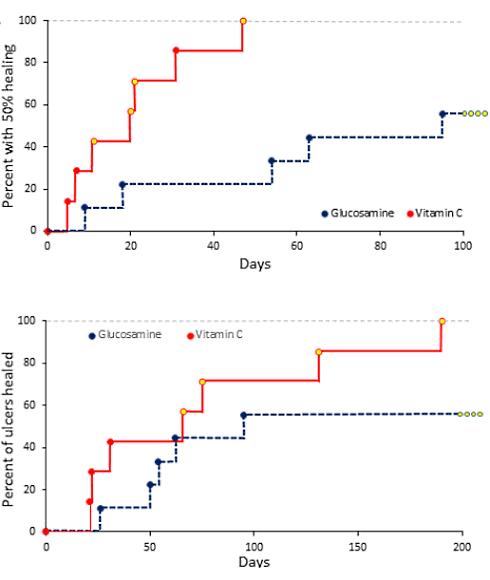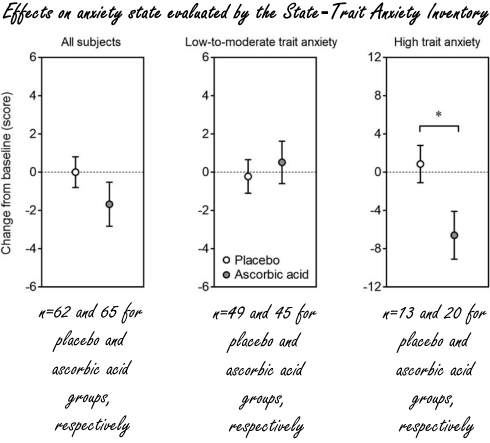|
Vitamin C supplement accelerates foot ulcer healing
Foot ulcers that do not heal are not only painful, but also dangerous. They can eventually lead to an amputation of the foot. Australian doctors discovered that an ordinary and dirt-cheap supplement containing vitamin C accelerates the healing of foot ulcers.

Study
The study that researchers from the University of Sydney published in the British Journal of Nutrition involved 16 people with long-term foot ulcers as test subjects. Foot ulcers not uncommon in diabetes and neuropathy. They are inconvenient, painful and - if they don't heal - dangerous. Foot ulcers that do not heal can progress to serious inflammation of tissues, eventually leading to amputation. According to some studies, this happens in 20-30 percent of cases.
Vitamin C deficiencies are common in people with foot ulcers. In some studies, nearly sixty percent of patients with foot ulcers have a vitamin C deficiency. [Int J Low Extrem Wounds. 2020 Mar;19(1):27-33.] That was not surprising, because vitamin C is necessary for the biosynthesis of connective tissues such as the skin, among other things.
Because the Australians had already been able to make the treatment of foot ulcers more successful by supplementing with vitamin C, they decided to conduct a small study.
The researchers gave 9 subjects 500 milligrams of vitamin C daily. The researchers used Blackmores' sustained release product. You see it above. 7 other subjects were given a glucosamine supplement as a placebo.
The experiment lasted 8 weeks.

After 4 weeks, the researchers received the results of blood analyzes from the study participants. If the vitamin C level of the subjects in the control group was too low, they also received the vitamin C supplement for the remaining 4 weeks of the trial.
Results
Vitamin C supplementation accelerated the healing of the foot ulcers. At the end of the trial, all foot ulcers in the vitamin C group had healed. In the placebo group, this was the case in only 44 percent of the subjects.
Two subjects in the control group underwent an amputation. This did not happen in the subjects in the supplementation group.

Conclusion
"We recommend consideration of vitamin C supplementation, preferably with a slow-release form, in all people attending for chronic foot ulcers who do not have exemplary dietary fruit and vegetable intake", write the researchers.
"Ideally, given its very cheap cost to health services, and high likelihood of favourable cost outcomes, this would be provided free to patients, to improve compliance."
Source:
Br J Nutr. 2021 Nov 28;126(10):1451-8.
More:
Vitamin C reduces risk of death by 25 percent 12.09.2022
Vitamin C is a brain vitamin 24.03.2022
How vitamin C boosts quercetin's antiviral action 02.02.2022
Archives:
Vitamin C
Vitamins
|






